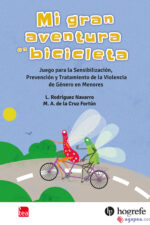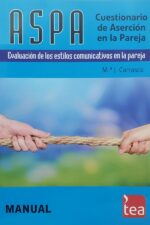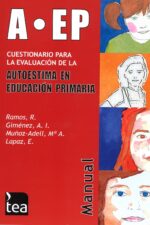- Age range: Individuals 5 – 94
- Scores/interpretation: Standard scores, percentile ranks, stanines, normal curve equivalents, grade equivalents, and Rasch ability scaled scores are provided.
- Qualification level: B
- Completion time: Approximately 15-25 minutes for ages 5 – 7; approximately 35-45 minutes for ages 8 and up
- Administration: Paper and pencilScoring options: Hand scoring
- Norms: This academic skills assessment was standardized on a national sample of over 3,000 individuals ranging in age from 5 to 94. Scores were developed for both age- and grade-referenced groups.
For clinical, educational, or research teams who need multiple, brief measures of reading, spelling, and math from age 5 through 85+, the WRAT4 offers two alternate forms used for retesting within short intervals to assess progress, or to combine into a single more comprehensive measure to help identify learning disabilities in small groups or with individuals.
The WRAT4 serves as an excellent initial academic achievement evaluation, re-evaluation, or progress measure for any student. Use with individuals or small groups to identify those requiring a more comprehensive academic achievement evaluation.
Features and Benefits
- The WRAT4 improvements include the addition of a Sentence Comprehension subtest.
- The Blue and Green forms can be used interchangeably with comparable results, permitting retesting within short periods of time.
- Alternate forms can also be combined into a single examination for a more comprehensive academic skills assessment.
WRAT4 Test Structure
The WRAT4 provides derived scores and interpretive information for four subtests:
- Word Reading measures word decoding through letter identification and word recognition.
- Reading Comprehension measures the ability to identify the meaning of words and to comprehend the ideas and information in a sentence using a modified cloze technique.
- Spelling evaluates an individual’s ability to identify sounds and transfer them into written form from dictated letters and words.
- Math Computation measures an individual’s ability to count, identify numbers, solve simple oral math problems, and calculate written math problems. Problems are presented in a range of domains, including arithmetic, algebra, geometry, and advanced operations.
- A Reading Composite score is created by combining the Word Reading and Sentence Comprehension standard scores.







